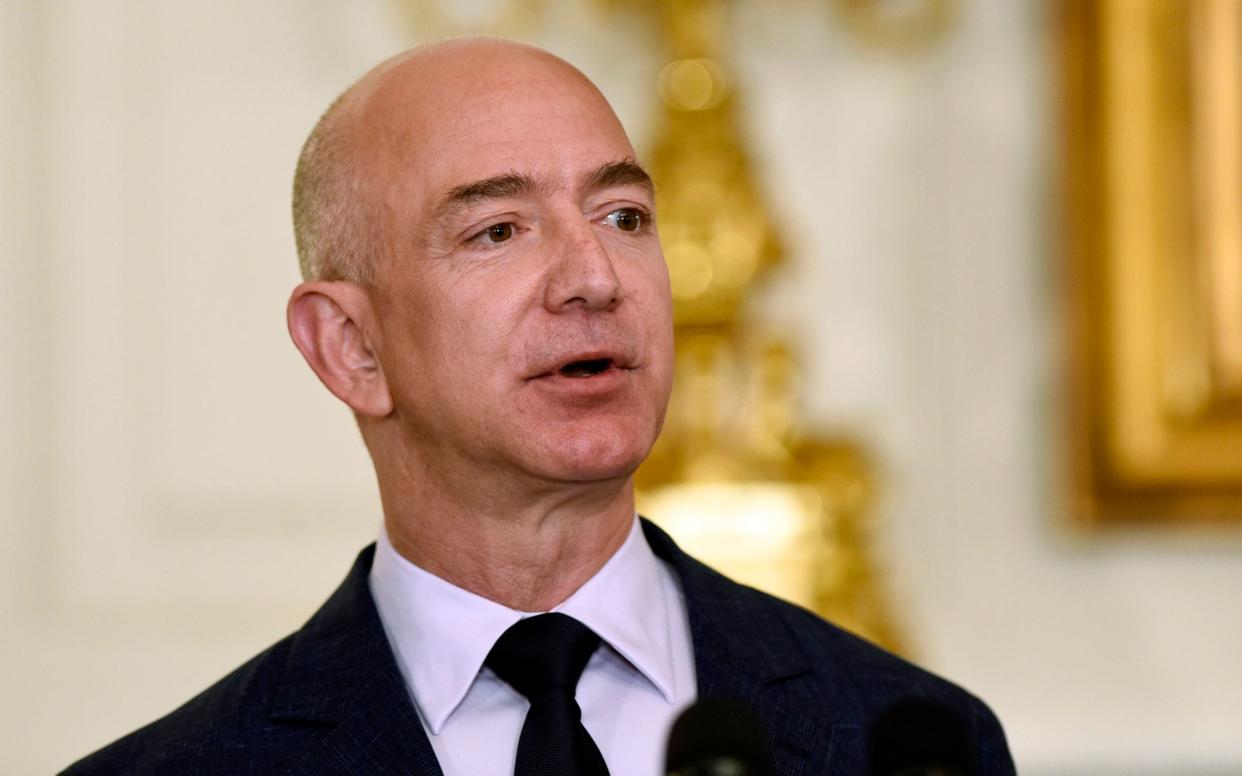US cities offered billions in tax cuts to lure Amazon

On Tuesday, the US cities selected by Amazon for the company’s massive expansion celebrated the prospect of thousands of new jobs and billions in investment.
However, for New York’s Long Island, Arlington in Virginia, and Nashville, Tennessee, it has come at a cost. The three chosen cities have promised Amazon enormous grants, tax incentives and infrastructure investments in order to lure the company.
Combined, the areas have agreed to $2.4bn (£1.8bn) in public support for the project, almost half the $5.2bn that Amazon itself said it would invest in hiring 55,000 new employees and 9m square feet of office space.
In addition, Virginia Tech, the prestigious engineering university, said it would open a $1bn “Innovation Campus” just two miles from Amazon’s new office in Arlington.
The support - from the cities themselves, states and urban development organisations - includes a cash grant of up to $978m, over $1.2bn in tax credits and more than $200m in infrastructure investment to support thousands of new workers.

The incentives are the result of a beauty parade that Amazon has been conducting with hundreds of cities for more than a year, a process that has become controversial for the subsidies the company has been granted and likened to a “race to the bottom”.
Amazon announced 14 months ago that it planned to open a second headquarters, receiving hundreds of applications and whittling it down to 20 at the start of the year. The cities were sworn to secrecy about the incentives they had offered.
It only recently emerged that the company planned to split the proposed “HQ2” between Virginia and New York, a move that was criticised as a “bait and switch”. Amazon said it had made the decision to split its new headquarters because it would allow it to recruit “top talent”.
Barry Lynn of the Open Markets Institute, a group that has campaigned to curb the power of big tech companies, said: "Amazon demanded subsidies and terms from cities all over the country, demanded those terms be kept secret, then reneged on its promise to locate thousands of jobs.
"Amazon is now treating even the biggest of American cities with the same disrespect it shows for the suppliers and the merchants who depend on its website to reach customers."

